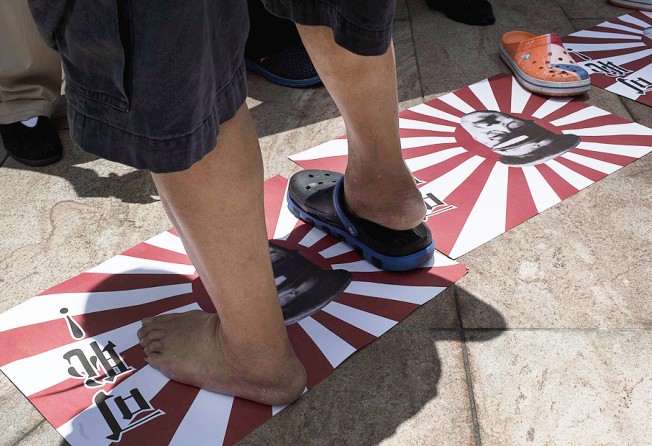Japan needs to mend fences

Numbers are culturally important to Chinese. It was therefore inevitable that yesterday, the 77th anniversary of the start of the second Sino-Japanese war on the seventh day of the seventh month in 1937, would be elevated to special significance. Xi Jinping , the first president to officiate at the ceremony at the site of the attack on the Marco Polo Bridge outside Beijing, amplified calls made during a trip to South Korea last week for Japan to apologise for its war-time aggression. But Japanese leaders show no such desire and have reinterpreted the country's pacifist constitution so that its troops can again fight overseas.
As Xi condemned the interests of a "minority" group in rewriting history, Japanese Prime Minister Shinzo Abe was embarking on a week-long trip to Australia, New Zealand and Papua New Guinea. His government rejected the criticism by Xi and his South Korean counterpart, Park Geun-hye, of the lifting of the ban, but it should not have been surprised. Surging Japanese nationalism has raised tensions in northeast Asia and nations that suffered at the hands of its imperial troops are bound to be worried. Regional geopolitics are shifting and Beijing and Seoul are now likely to jointly commemorate the 70th anniversary next year of Japan's second world war defeat.
Anniversaries are useful to re-examine trends, outcomes and choices. Gains and losses can be reflected upon with an eye on future decision-making. Rhetoric has to be used carefully in such circumstances and nationalism has no place. The region's leaders have to keep this in mind as historic dates approach.
China, Japan and South Korea are economically important to each other. They share concerns about energy supplies, air pollution and North Korea's nuclear threat. Low-level dialogue is taking place, but only through leaders' meetings can understanding and trust be found. The Asia-Pacific Economic Co-operation summit in Beijing in November offers such an opportunity. It would be the perfect forum and location for Abe to work with his regional counterparts to defuse tensions.